Past EC-funded Projects
In recent years, Instruct-ERIC has partnered in several successful H2020 funded projects, which have now come to completion.
In recent years, Instruct-ERIC has partnered in several successful H2020 funded projects, which have now come to completion.
Integrated Services for Infectious Disease Outbreak Research
ISIDORe provided research services from structural biology through to clinical trials to support infectious disease epidemic research including SARS-CoV-2. With a special emphasis on addressing the emergent SARS-CoV-2 variants, ISIDORe accelerated the generation of knowledge and tools to tackle epidemic prone pathogens, while avoiding fragmentation and duplication among EU initiatives. Structural biology is a key field in infectiouse disease research, so Instruct offered its services to the canSERV community.
February 2022 to July 2025
Total grant: €20 998 624
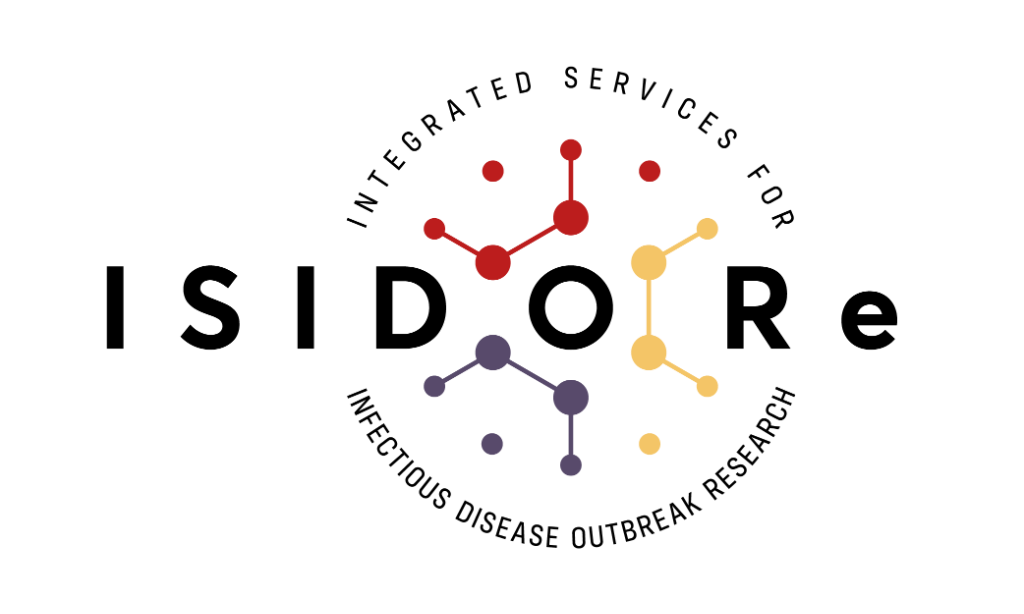
Artificial Intelligence for Image Data Analysis in the Life Sciences
AI4LIFE built bridges between the life science community and the machine learning/artificial intelligence community. AI has enormous potential for advancing life sciences (as demonstrated by the Alphafold system in structural biology), however access to the necessary equipment, software and training in AI and machine learning for life science research infrastructures is scarce. AI4LIFE built an open, accessible, community-driven repository of FAIR pre-trained AI models and develop services to deliver these models to life scientists.
September 2022 to August 2025
Total grant: €4 141 166
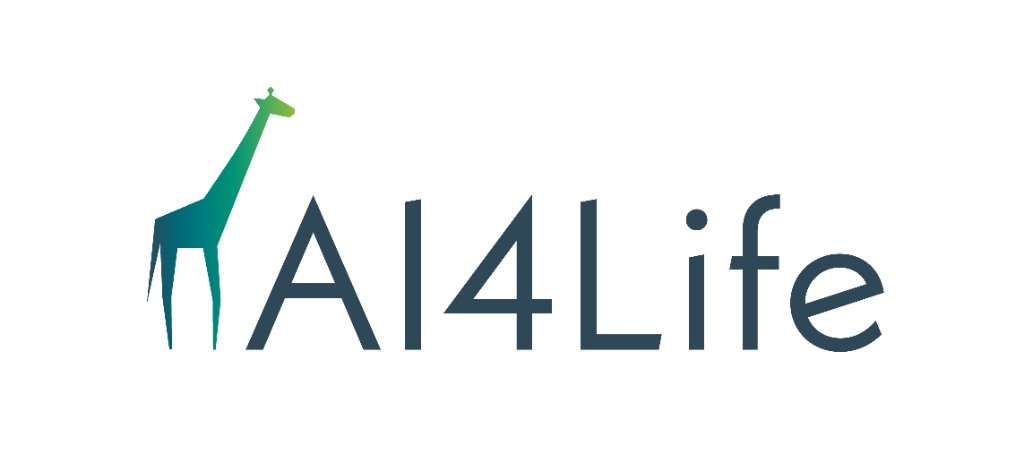
A European-wide foundation to accelerate Data-driven Cancer Research
EOSC4Cancer will make cancer genomics, imaging, medical, clinical, environmental and socio-economics data accessible, using and enhancing existing federated and interoperable systems for securely identifying, sharing, processing and reusing FAIR cancer data. Instruct represents the structural biology community in this project and provides a connection between EOSC4Cancer and sister project canSERV which is a generator of cancer research data.
September 2022 to May 2025
Total grant: €7 999 876
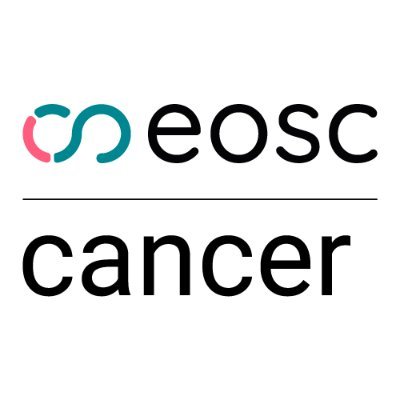
Pathway to Improved Resilience and Digital and Remote Access
eRImote considered solutions for digital and remote service provision across RI domains, as well as transferable practices and new developments that improve accessibility and resilience of RI infrastructures. eRImote created an online information platform with a publicly available data store on best practices and tools for remote provision of RI services. Instruct was heavily involved in all aspects of this project.
Find out more about best practices for remote access provision https://erimote.eu/resources
June 2022 to November 2024
Total grant: €1 499 997

BeYond-COVID
BY-COVID builds and expands upon the successful COVID-19 Data Platform. Rather than focus purely on providing technical solutions to the biological data, BY-COVID will work with partners from a broad range of disciplines, including public health and social sciences, to incorporate a wider range of data. Instruct-ERIC plays a key role in the project, with a number of Instruct partners involved in the FAIRification and interoperability of COVID-related data.
October 2021 to September 2024
Total grant: €12 000 000
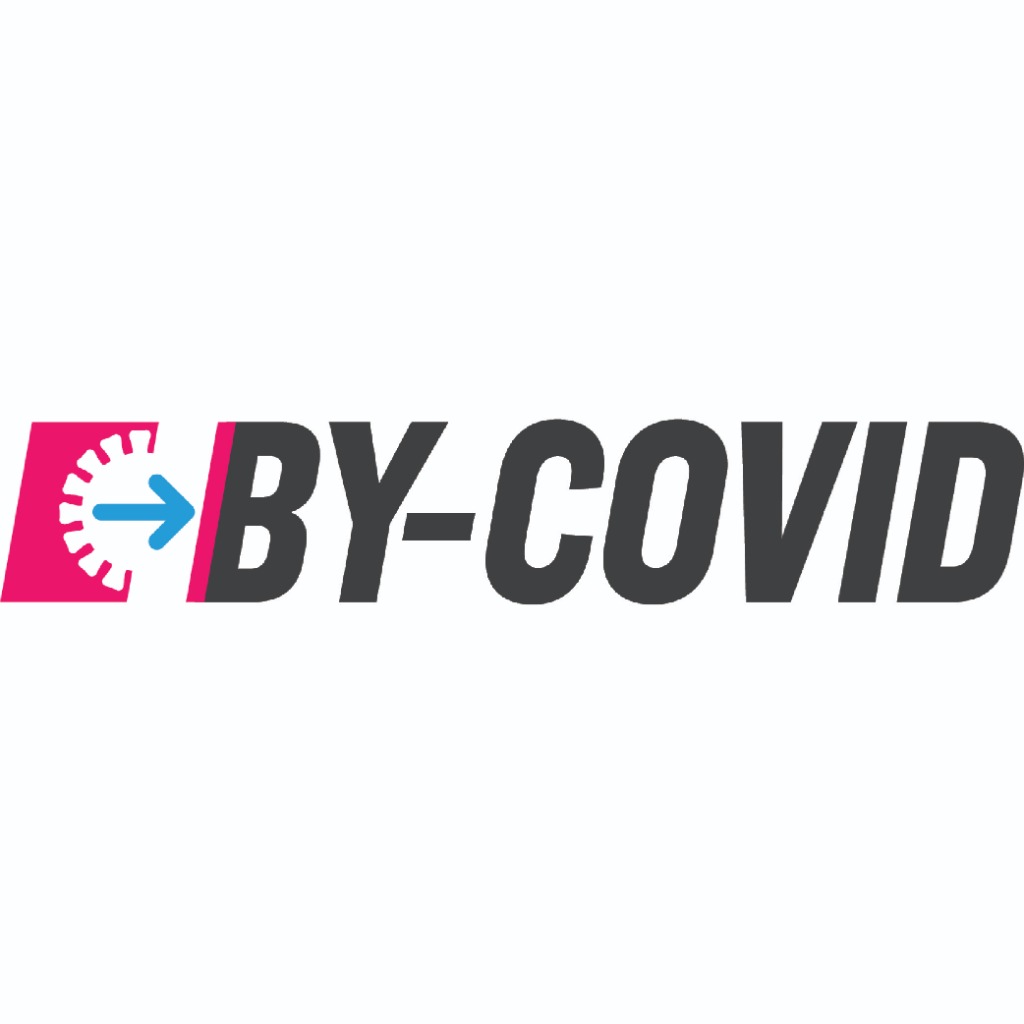
Structural biology for translational research and discovery
iNEXT-Discovery aimed to enable access to structural biology research infrastructures for all European researchers, and especially non-experts in structural biology. For that reason it brought together a diversity of large research facilities and other groups in a single consortium. Instruct provided the proposal system for the project and the many Instruct-ERIC facilities also offered access to their services through iNEXT-Discovery and contributed to networking and communication activities. Instruct was responsible of the sustainability planning for the activities of the project.
February 2020 to July 2024
Total grant: €9 987 743
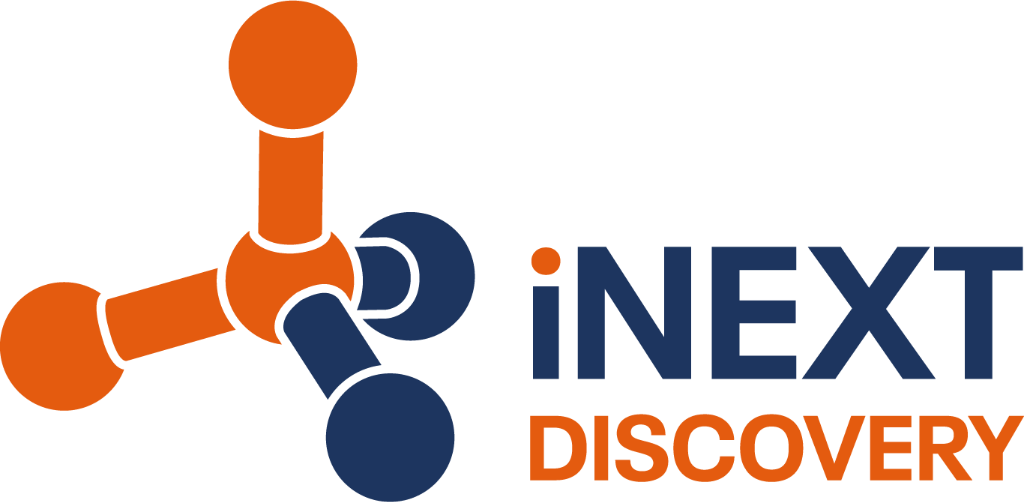
Advancing European research through Open Science
EOSC Future aims to integrate, consolidate, and connect e-infrastructures, research communities, and initiatives in Open Science to further develop the EOSC Portal, EOSC-Core and EOSC-Exchange of the European Open Science Cloud (EOSC). Instruct-ERIC is involved in two interdisciplinary test science projects within EOSC-Future: Working to enhance access to secure social science data sets using our ARIA software in collaboration with social science research infrastructure CESSDA, and working on improving FAIRness of COVID-19 imaging data i n collaboration with life science research infrastructures EU-OPENSCREEN and Euro-BioImaging.
April 2021 to March 2024
Total grant: €40 877 089
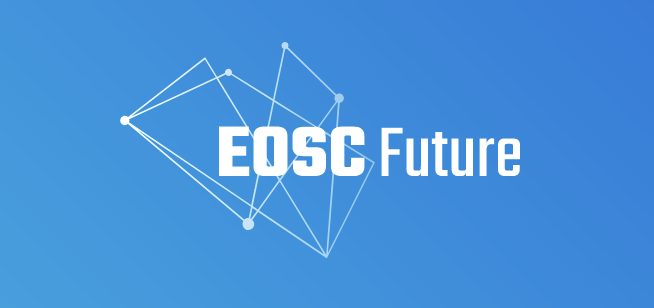
Providing an open collaborative space for digital biology in Europe
EOSC-Life launched in April 2019 as the life-science domain specific area of the European Open Science Cloud (EOSC). The project furthered cloud adoption through life sciences, increase data standards and interoperability and improve access to tools and data. Instruct-ERIC utilised its cross-research infrastructure support tool, ARIA, to support the project activities and enhance integration with other research infrastructures in the life-sciences domain. As co-leads of WP5 Instruct-ERIC also supported the delivery of Life Science Login, a single sign on technology that allows for seamless data sharing across multiple life-science domains.
March 2019 to August 2023
Total grant: €23 700 000
European Vaccine Research and Development Infrastructure
TRANSVAC2 focused on making new vaccines quicker. The consortium comprised a comprehensive collection of leading European institutions that propose to further advance with the previous initiative towards the establishment of a fully operational and sustainable European vaccine R&D infrastructure. It bridged the translational gap in biomedical research, and supports cooperation between public vaccine R&D institutions of excellence, related initiatives and networks in Europe, and industrial partners.
May 2017 to April 2023
Total grant: €10 600 000
Design Study for a European Vaccine Infrastructure
TRANSVAC-DS built on the outstanding success and lessons learned from TRANSVAC and during the two-year project duration explored and prepared the establishment of a stable and truly sustainable European vaccine infrastructure. The main objective and output of TRANSVAC-DS was the preparation of a conceptual design report that describes in detail the maturity of the vaccine infrastructure concept and be the basis for the establishment of a permanent and sustainable vaccine infrastructure
June 2020 to February 2023
Total grant: €1 879 216
Towards a new EU-LAC partnership in Research Infrastructures
The main goal of the EU-LAC ResInfra project, 'Towards a new EU-CELAC partnership in Research Infrastructures', was to enhance the bi-regional collaboration regarding Research Infrastructures. Within this project Instruct-ERIC was responsible for the pilot on Infrastructure cooperation and coordination on Structural Biological for Health.
December 2019 to February 2023
Total grant: €1 499 719
ERIC Forum Implementation project
ERIC stands for European Research Infrastructure Consortium and is one of the 5 European legal instruments especially set up by the European Union in 2009 to provide a legal framework for (multisite) European research infrastructures. The objectives of the forum are to identify common challenges affecting the Forum Members as entities subject to the ERIC Regulation; to collectively response to these challenges; to contribute to the further development of the ERIC Regulation, ESFRI framework and European and international research context; and lastly to foster the visibility, impact and sustainability of ERICs.
January 2019 - December 2022
Total grant: €1 495 281
Expanding research infrastructure visibility to strengthen strategic partnerships
RI-VIS was a Horizon 2020 project launched in February 2019 to expand the visibility of European research infrastructures. RI-VIS targeted new communities within Europe such as new scientific communities, policy-makers, industrial communities and the general public, but also reached out to new target regions internationally through cultivating partnerships between European and international research infrastructures and local experts. RI-VIS was supported by its consortium of 13 partners from 12 research infrastructures in the biomedical, social, and environmental sciences. The project was coordinated by the Instruct-ERIC hub team.
February 2019 - January 2022
Total grant: €1 500 00
Releasing the full potential of Instruct to expand and consolidate infrastructure services for integrated structural life science research
Instruct-ULTRA was launched in January 2017 to deepen and widen access to innovative high-end structural biology techniques within Europe and beyond, through expansion of Instruct-ERIC to new member countries and raising standards and competence in structural biology globally. 14 partners worked together on the H2020 project, which was headed up by the Instruct hub.
January 2017 to December 2020
Total grant: €3 950 000
Coordinated Research Infrastructures Building Enduring Life-science services
CORBEL was an initiative of eleven biological and medical research infrastructures (BMS-RI) to create a platform for harmonised user access to biological and medical technologies, biological samples and dataservices required by cutting-edge biomedical research. Instruct-ERIC lead work to develop a common access framework that facilitates user access to services and resources across the involved RIs.
September 2015 to May 2020
Total grant: €14 837 800
Opening Synchrotron Light for Experimental Science and Applications in the Middle East
The OPEN SESAME project ensured optimal exploitation of the Synchrotron light for Experimental Science and Applications in the Middle East (SESAME) light source based in Jordan. The consortium was composed of ten European institutes and trained SESAME staff in instrumentation technology, research techniques and administration for optimal use of a modern light source facility and build-up human capacity in Middle East researchers to optimally exploit SESAME’s infrastructure.
January 2017 to December 2019
Total grant: €2 100 800
Infrastructure for NMR, EM and X-rays for translational research
iNEXT provided access to state-of-the-art infrastructures for structural biology, translate fundamental research into bio-scientific applications and stimulate access for non-structural biologists. iNEXT primarily focused in the fields of X-ray crystallography, SAXS, NMR, EM, light imaging and Biophysics for Macromolecular Interactions.
September 2015 to August 2019
Total grant: €9 999 500
Authentication and Authorisation For Research and Collaboration
The AARC2 project addressed policy and technical interoperability gaps that prevent researchers from accessing the whole research and infrastructure service portfolio with one login (SSO), regardless of where this takes place in the ecosystem. By enabling SSO among infrastructures, scientists worldwide will be able to seamlessly and securely access infrastructure services, reducing administrative overhead and improving international collaboration.
May 2017 to April 2019
Total grant: €2 999 900
Transnational access and enhancement of integrated Biological Structure determination at synchrotron X-ray radiation facilities
BioStruct-X was a consortium of 19 leading European synchrotron facilities and associated infrastructures for protein production located in 11 EU member and associated states. BioStruct-X provided and managed trans-national access to these synchrotron facilities. The large section of the structural biology community served by BioStruct-X had a common aim; to visualise molecular structures at the highest resolution.
September 2011 to February 2016
Total grant: €10 566 700

Proteomics Research Infrastructure Maximising knowledge EXchange and access (XS)
PRIME-XS was a consortium of twelve partners, all leading in the field of proteomics. PRIME-XS provides European Union funded access to an infrastructure of state-of-the-art proteomics technology to the biological and biomedical research community in Europe. In addition to providing access, PRIME-XS developed new technologies to better aid the research community in answering current day scientific questions, and organizes courses and meetings. PRIME-XS provided open and competitive access to proteomics technology at its six access sites.
February 2011 to January 2015
Total grant: €9 898 449
NMR for Structural Biology
Bio-NMR was a project funded by the EC under the Seventh Framework Programme (FP7) for supporting research infrastructures in the provision of transnational access and technological advancements in bio-NMR.
September 2010 to August 2014
Total grant: €10 927 628
A worldwide e-Infrastructure for NMR and structural biology
WeNMR was an e-infrastructure that provides a computational and collaborative platform for structural biology in general and for users of existing European infrastructures in particular. The main objectives were to provide the end users, especially from the NMR and SAXS research communities, with a platform integrating and streamlining the computational approaches necessary for data analysis and structural modeling. WeNMR grouped its users into a Virtual Research Community, providing user-friendly access to Grid computing resources via web portals, tutorials and support to both end users and software developers in an integrated online support and help center.
WeNMR was supported by the 7th Framework Programme, combining services, research and networking activities towards novel computational approaches. It was officially recognized by the European Grid Initiative (EGI) and represented the largest Virtual Research Organization in the area of life sciences.
November 2010 to October 2013
Total grant: € 2 433 988
World-wide E-infrastructure for structural biology
West-life was an initiative under the Virtual Research Environment (VRE) e-Infrastructure programme (EINFRA-9-2015). It piloted an infrastructure for storing and processing data to support the growing use of combined techniques and to develop automated and integrated data management and processing pipelines for structural biology. Expanding on the work on previous WeNMR and BioMedBridges EU projects, it covered all aspects of structural biology to serve the Instruct community.
November 2015 to October 2018
Total grant: €3 981 100